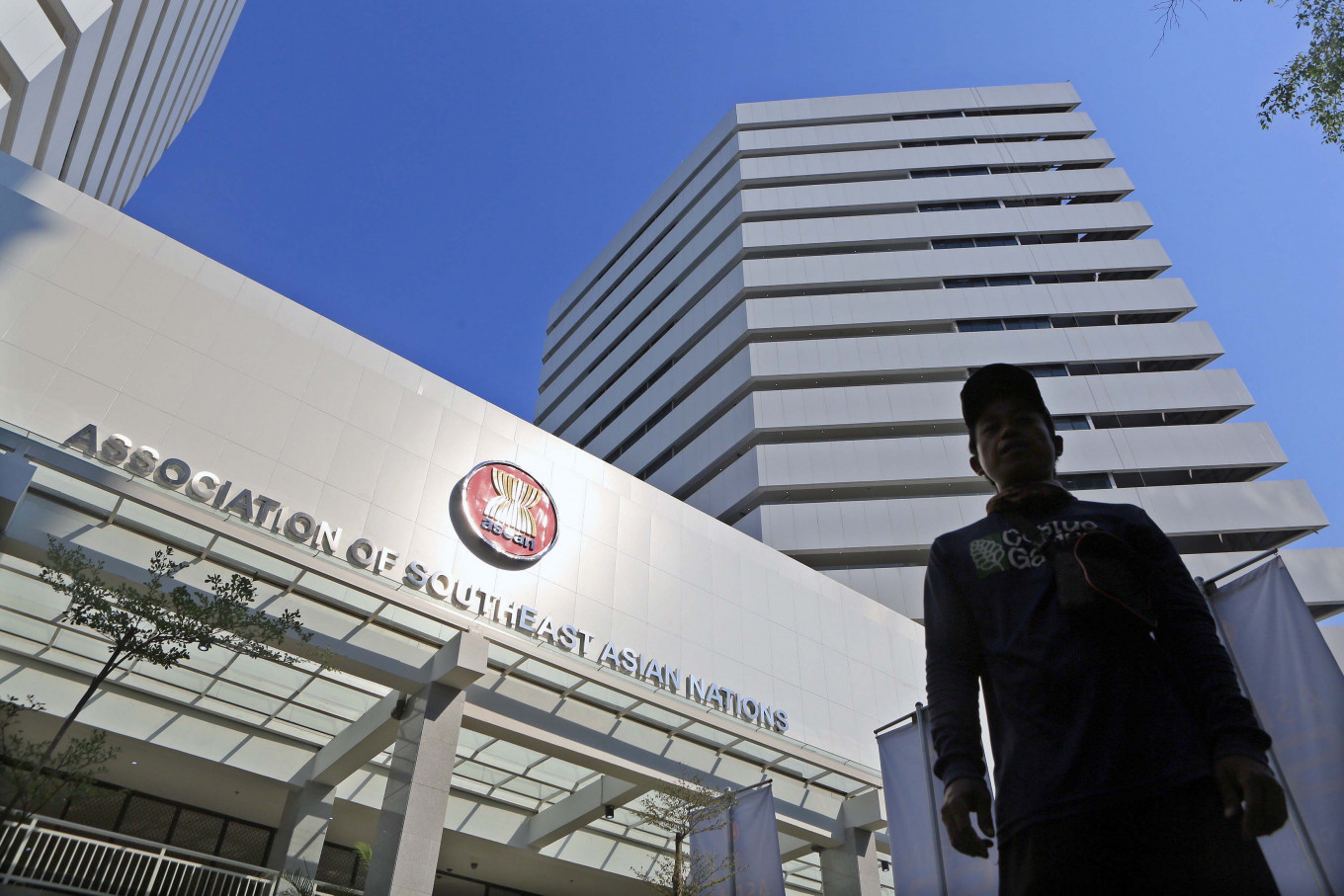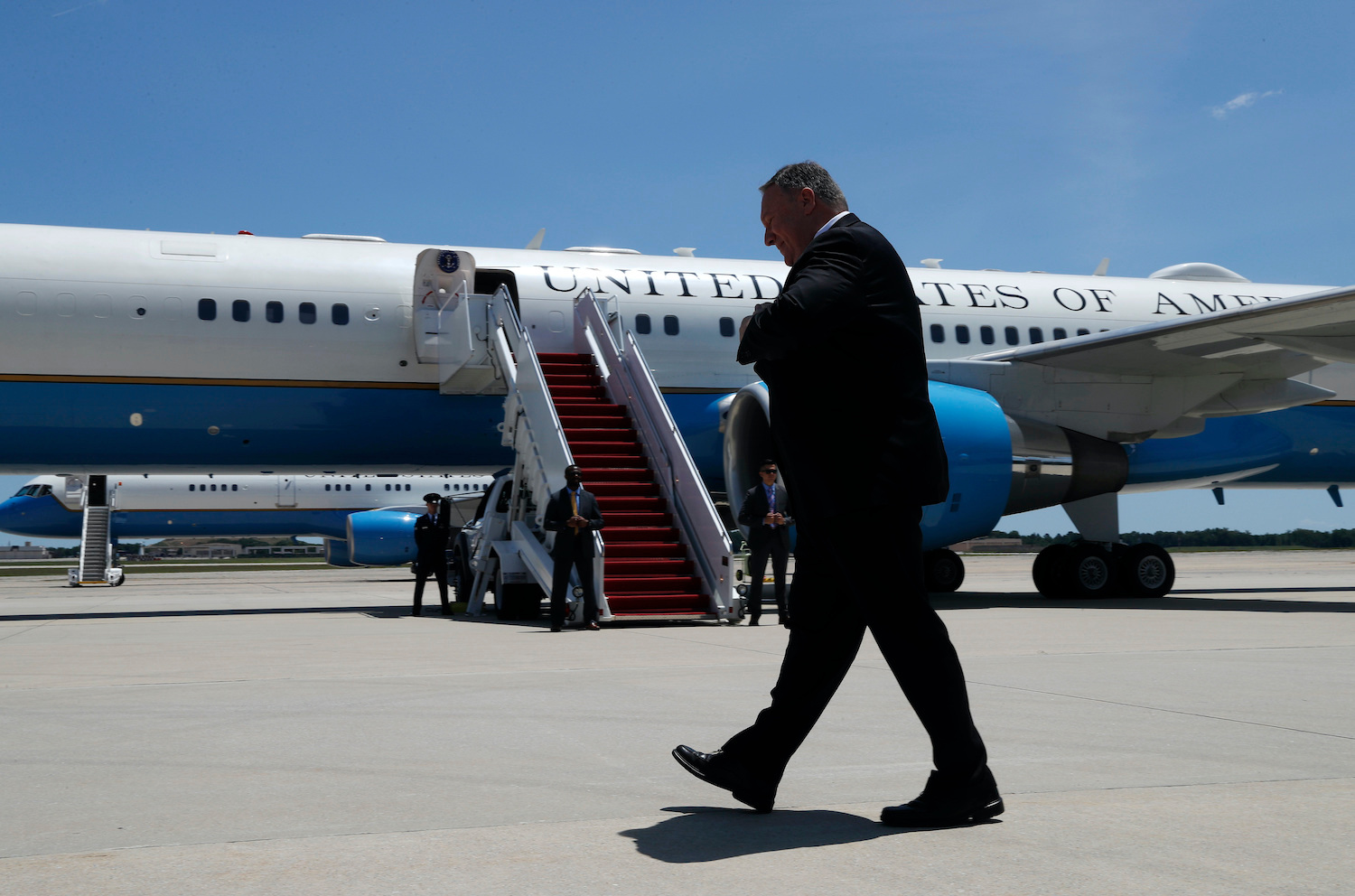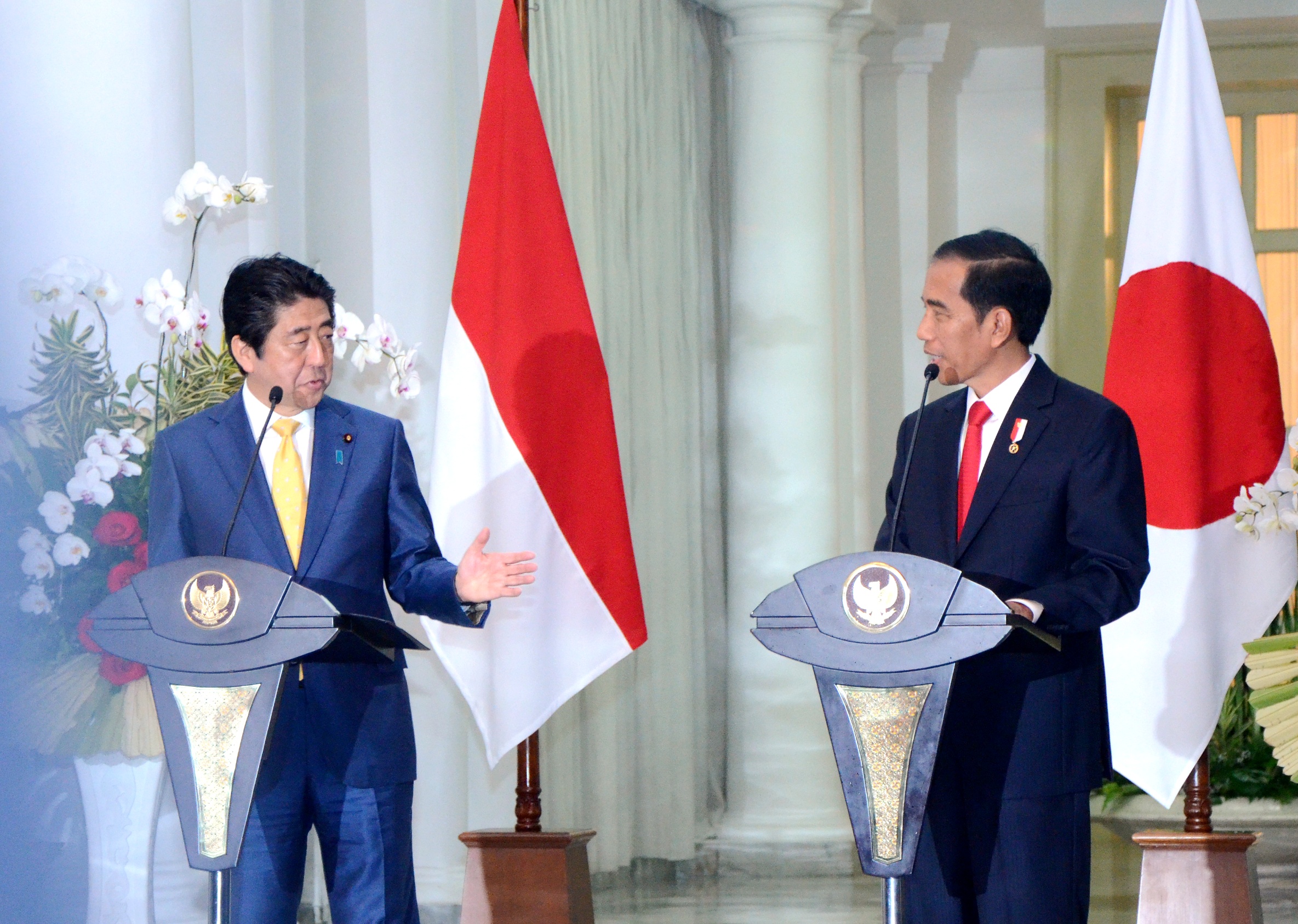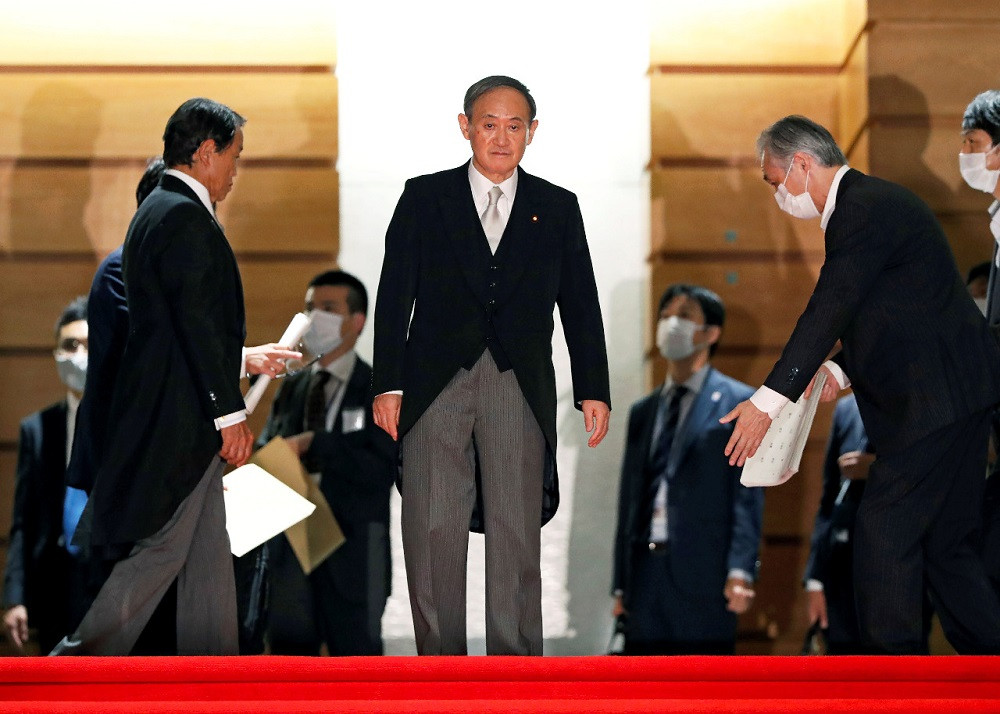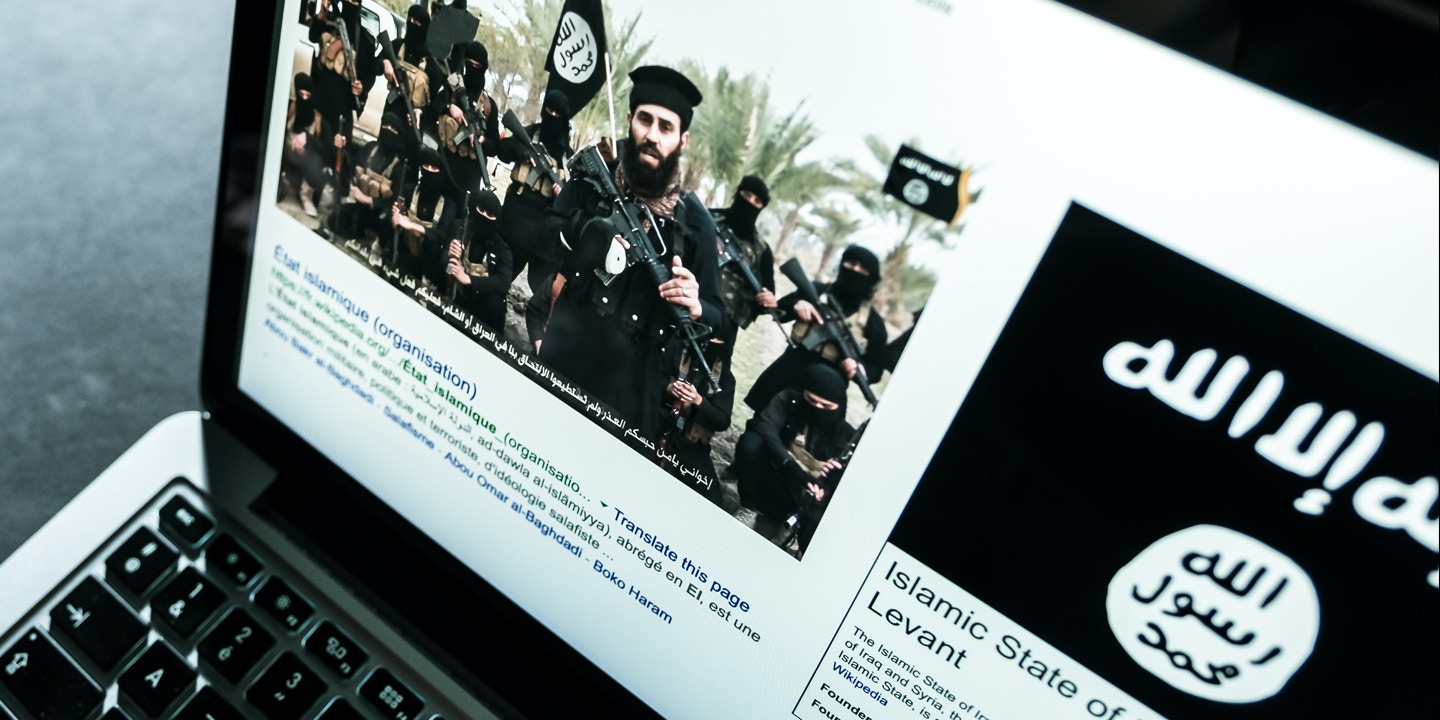When ASEAN was founded in August 1967, it was ostensibly for the purpose of economic and functional cooperation. However, the statements of the foreign ministers of the five original members—Indonesia, Malaysia, the Philippines, Singapore and Thailand—at the signing of the founding document, the Bangkok Declaration, hinted at an underlying objective: the survival of the member countries at a chaotic time in the region, as war raged in the Southeast Asian mainland.
Continue reading[INSIGHT] Germany-FPI incident: What happened to trust? – Opinion by Dr. Dino Patti Djalal
The recent controversy over the visit of a German Embassy staffer to the headquarters of the Islam Defenders Front (FPI) shows what happens when a diplomatic event has a brush with domestic politics. Here is what we know. On Dec. 17, 2020, an employee of the German Embassy visited the FPI headquarters in Petamburan, Central Jakarta. Her entry into the compound and the car she arrived in, which bore a diplomatic license plate, was photographed, most likely by an intelligence officer assigned to watch the goings-on at the compound. Two days later, FPI secretary-general Munarman confirmed her visit to the media and the incident went viral. Reports began to surface that the woman in question was a member of Germany’s Federal Intelligence Service (BND).
Continue readingArah Investasi Berkelanjutan – Opini oleh Dr. Dino Patti Djalal
Pandemi Covid-19 telah mengubah perspektif pemerintah maupun pelaku industri dalam berbagai aspek, terutama dalam menjamin ketahanan kesehatan publik, pembangunan ekonomi, dan stabilitas politik. Di bidang ekonomi, setidaknya ada dua implikasi yang harus dicermati dalam mengantisipasi perubahan akibat dampak pandemi. Pertama, pandemi ini telah mendorong evaluasi terhadap global supply chain yang selama ini terpusat di beberapa negara tertentu.
Continue readingWhat the West Needs to Understand About the Cartoon Protests – Opinion by Dr. Dino Patti Djalal
As if COVID-19 and the economic recession were not enough, the world today has to bear with a wrangle between France and the Islamic world, sparked by controversy over President Emmanuel Macron’s recent statements about Islam. Macron made his comments after the gruesome beheading of French teacher Samuel Paty, who had shown a cartoon of Prophet Muhammad to his students as part of a class discussion.
Continue readingOn Distance and Synchronicity in the ‘New World’ – by Dr. Yaroslav Lissovolik
The current pandemic may well engender longer lasting and more fundamental social and economic effects, such as risk-aversion and the shift from “mass culture” to that of the “revolt of isolationism”. In the economic sphere one of the implications of the current crisis may be greater investment into “social distancing” undertaken in areas such as transportation, education, retail trade, restaurants and catering, etc. The sudden transformation of demand resulted in the emergence of qualitatively “new demand” that remains largely unsatisfied, along with the disappearance of sizeable tracts of “old consumer demand”.
Continue readingEnvisioning a Brighter Post-Pandemic Global Relations – by H.E. Nadjib Riphat Kesoema
All nations of the world are awaiting the end of the COVID-19 pandemic. Needless to say, it seems that the coronavirus will stay with us for a long time to come. This pandemic has taken more than one million lives and affected more than 40 million individuals. It is an unprecedented period where leaders of the world race to create strategies to protect their nation against further spread of the disease – a time where governments are pushed into crisis management mode, struggling to maintain the delicate balance between saving lives and livelihoods. A period requiring, more than ever before, solid engagement, communication, cooperation and sharing of ideas between nations to prepare for post-pandemic economic and social recovery.
Continue readingWhy Trump’s Anti-China Policy Falls on Deaf Ears in Southeast Asia – Opinion by Dr. Dino Patti Djalal
U.S. Secretary of State Mike Pompeo has given a series of speeches attacking China. His speeches present some new themes: they aim specifically at the Chinese Communist Party (CCP), they frame China as an ideological threat (constantly referring to “Communist China,” not just China) and they adopt a blanket (rather than a la carte) attack against China: on the coronavirus, trade, investment, technology, TikTok, the World Health Organization, the South China Sea, Chinese companies and students, democracy, human rights, climate change – the list goes on. It seems that for the Trump administration, it has become a taboo to say anything remotely positive about China. Indeed, as Pompeo stated, “securing our freedom from the CCP is the mission of our time and America is in a perfect position to lead.”
Continue readingAfter Abe, Opportunities Loom for Japan-Indonesia Relations – Opinion by Noto Suoneto & Birgitta Riani
Earlier this month, Japan’s ruling Liberal Democratic Party (LDP) selected Suga Yoshihide to replace the outgoing Prime Minister Abe Shinzo, following his resignation due to ill health. With Abe’s sudden exit in the throes of a global pandemic, the appointment of Suga, who took office on September 17 after serving as Abe’s chief cabinet secretary throughout his second term, is the LDP’s means of ensuring a degree of continuity on Abe’s major policy initiatives. Suga has himself made this bias for stability explicit, vowing to maintain the tenets of “Abenomics” in economic policy, and continue the country’s coronavirus measures.
Continue readingThe outlook of Indonesia-Japan relations under PM Suga – Opinion by Noto Suoneto & Birgitta Riani
Japan has elected Yoshihide Suga the new prime minister, replacing Shinzo Abe who resigned amid a global pandemic. Suga’s appointment is the ruling Liberal Democratic Party’s way to ensure continuity of Abe’s major policies. Suga himself has shown his keenness toward stability, vowing to maintain the ongoing Abenomics economic policy and coronavirus response during his campaign.
Continue readingThe Other “Virus” Threat to Indonesia and the Philippines: Online Radicalization – Opinion by Camille Bismonte & Kareeda Kabir
Amid the pandemic, it has been said that Indonesia has found itself fighting two viruses. The first being the coronavirus pandemic, and the second being the “virus” of religious radicalization. The lethal combination of an ailing global economy combined with the strain on healthcare systems has pushed people to find other outlets to obtain the resources and support they need. Unfortunately, one outlet in Indonesia and the Philippines appears to be militant Islamic online radicalization through increased internet saturation, fueled by a need for a sense of community amidst the calls for self-isolation during the pandemic.
Continue reading
